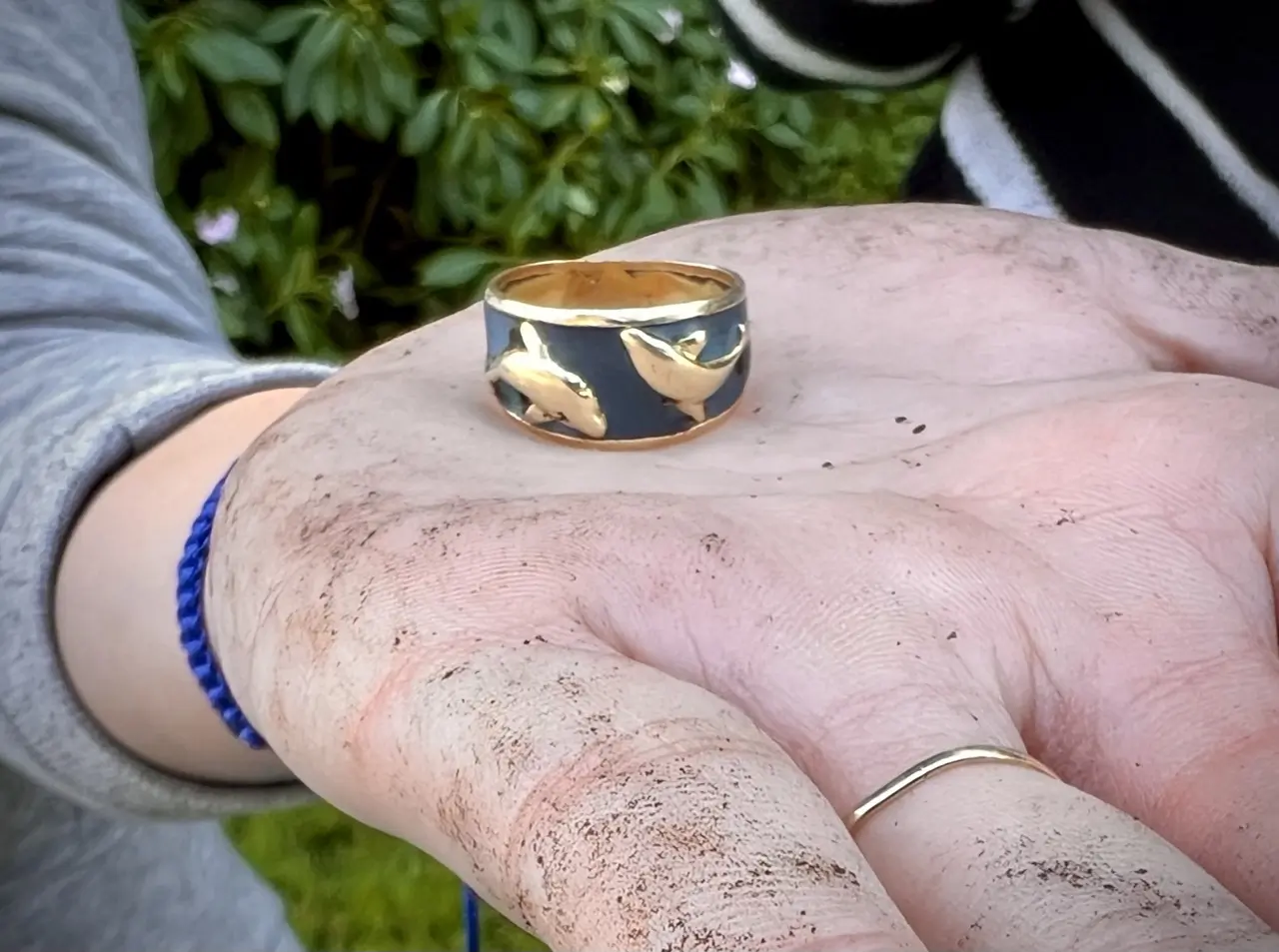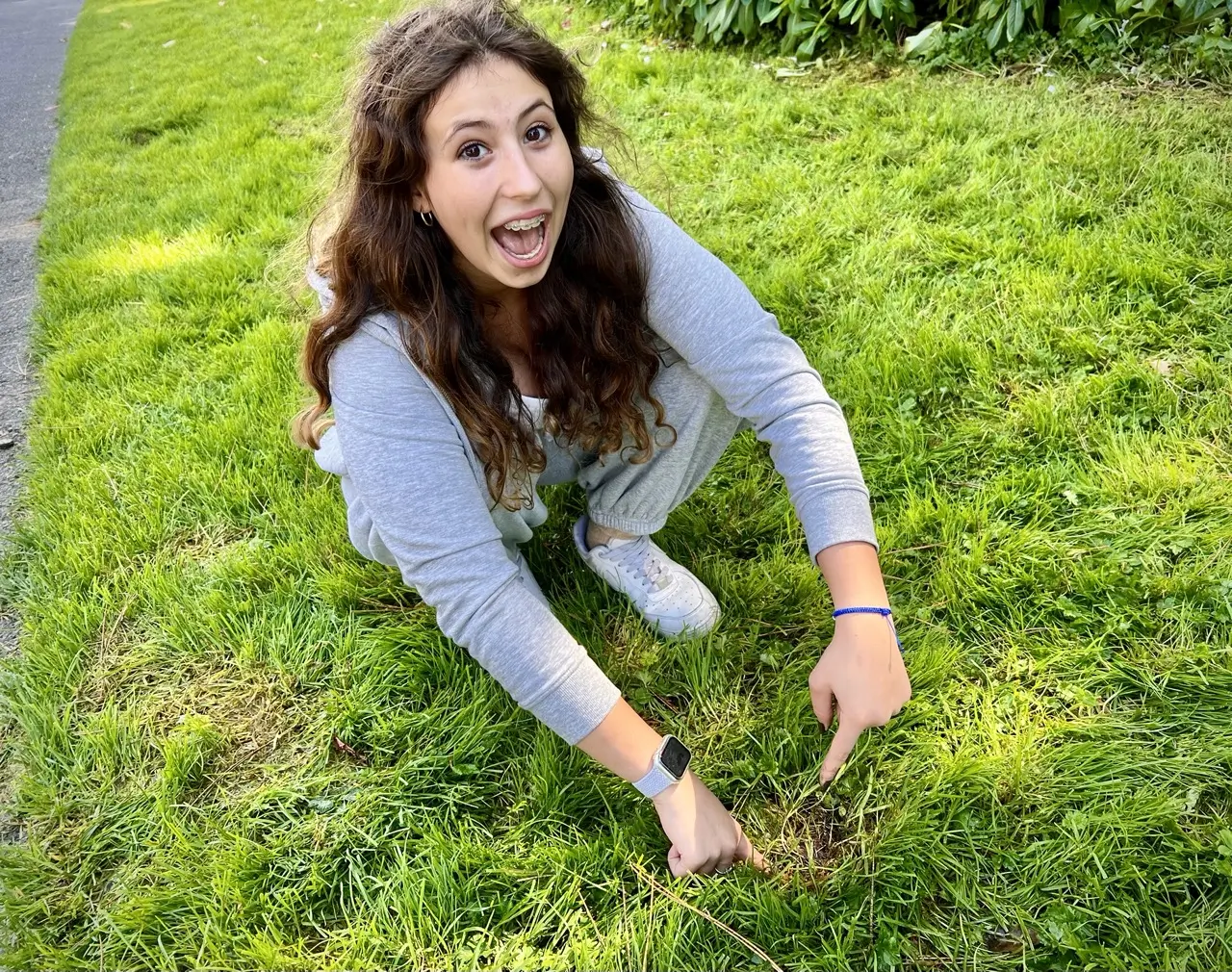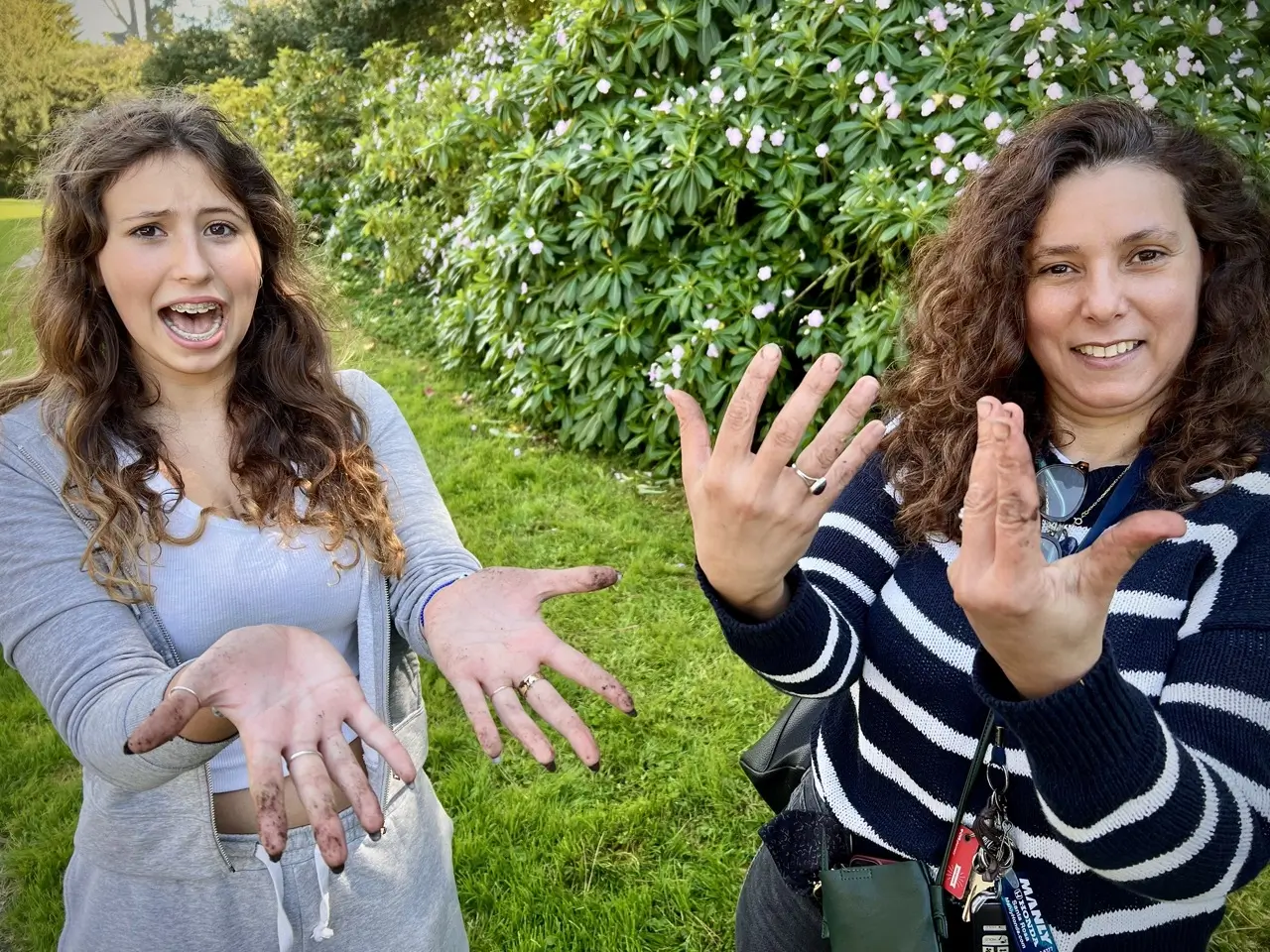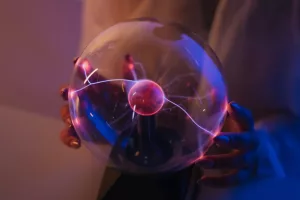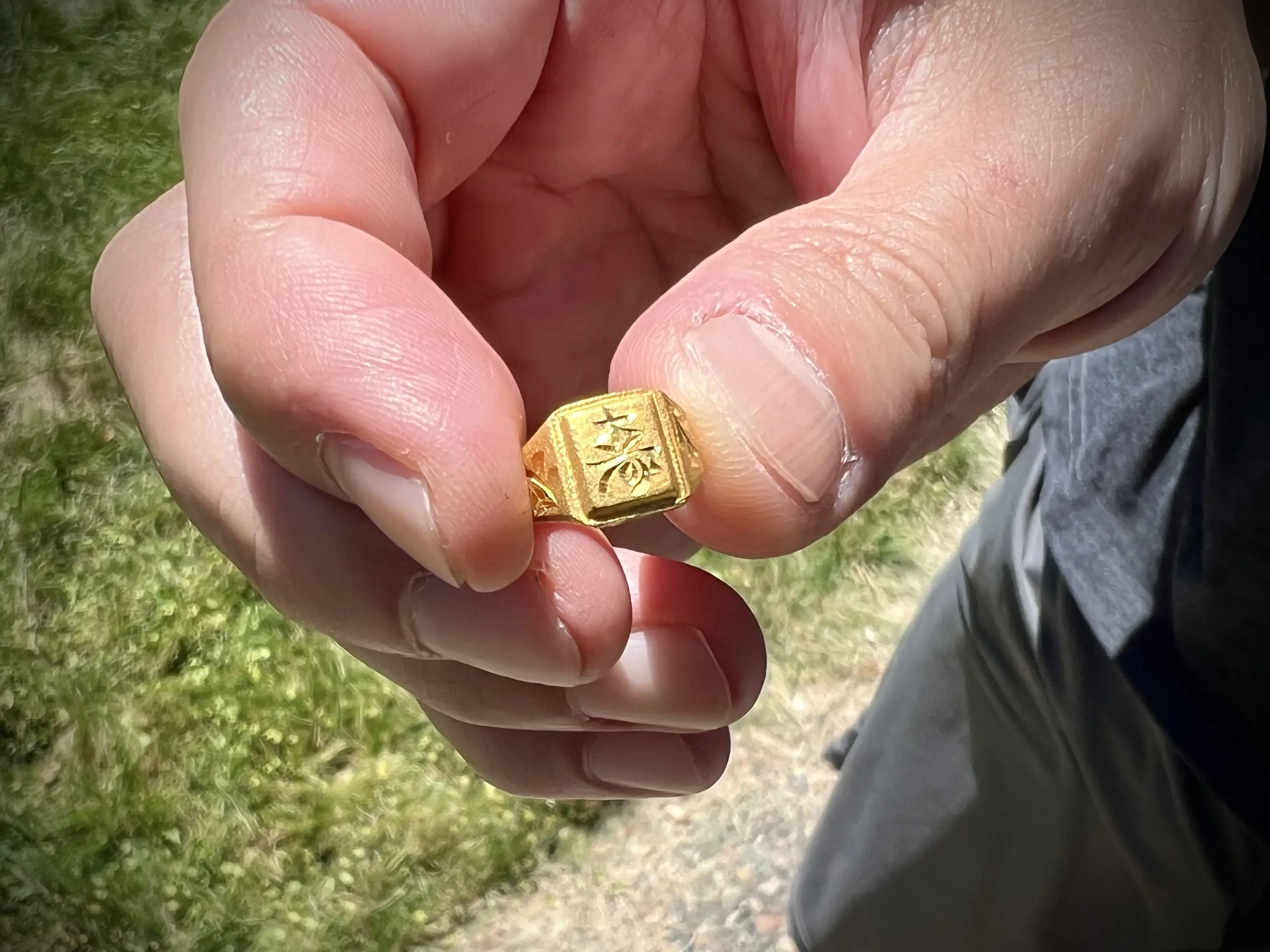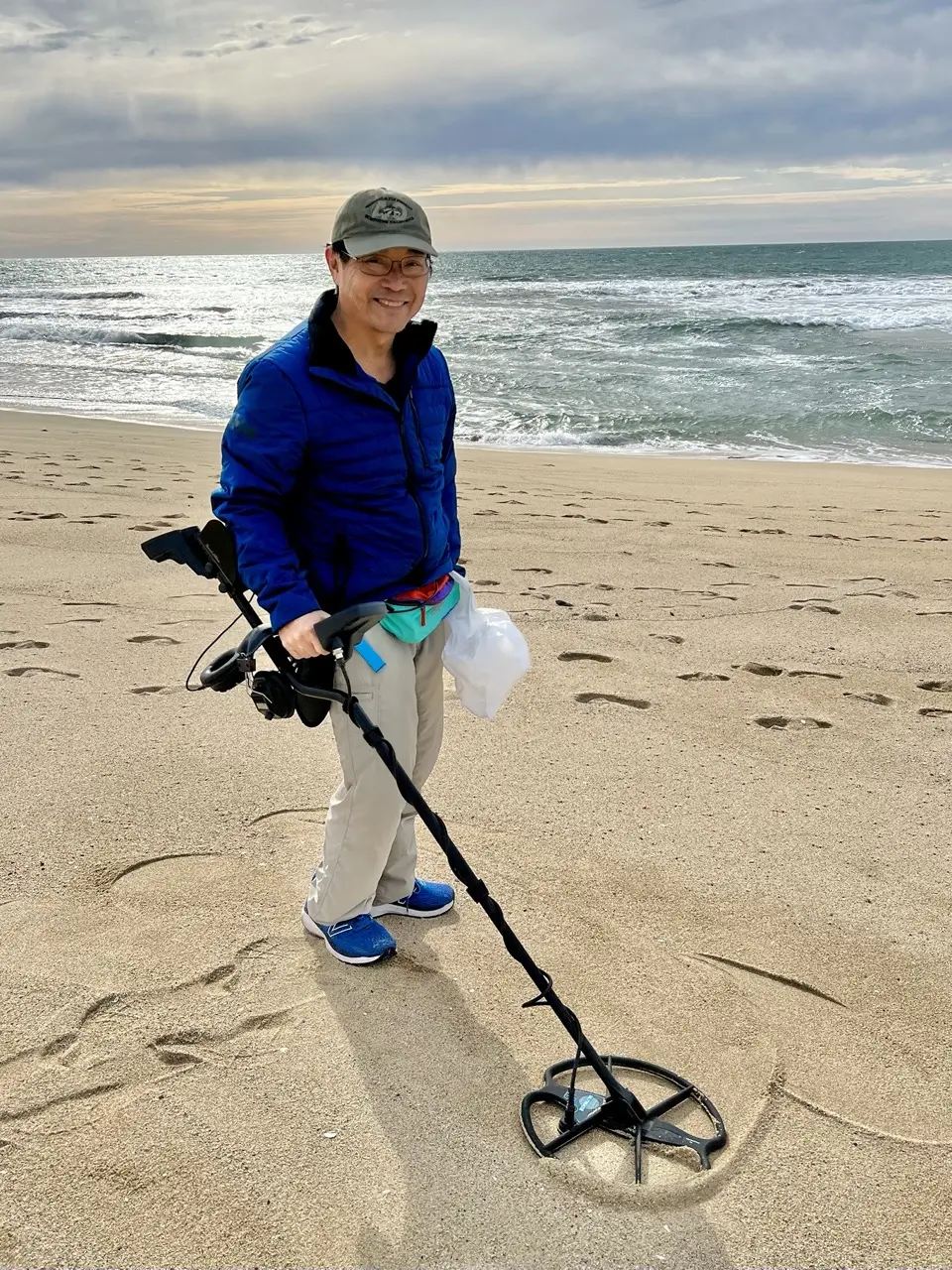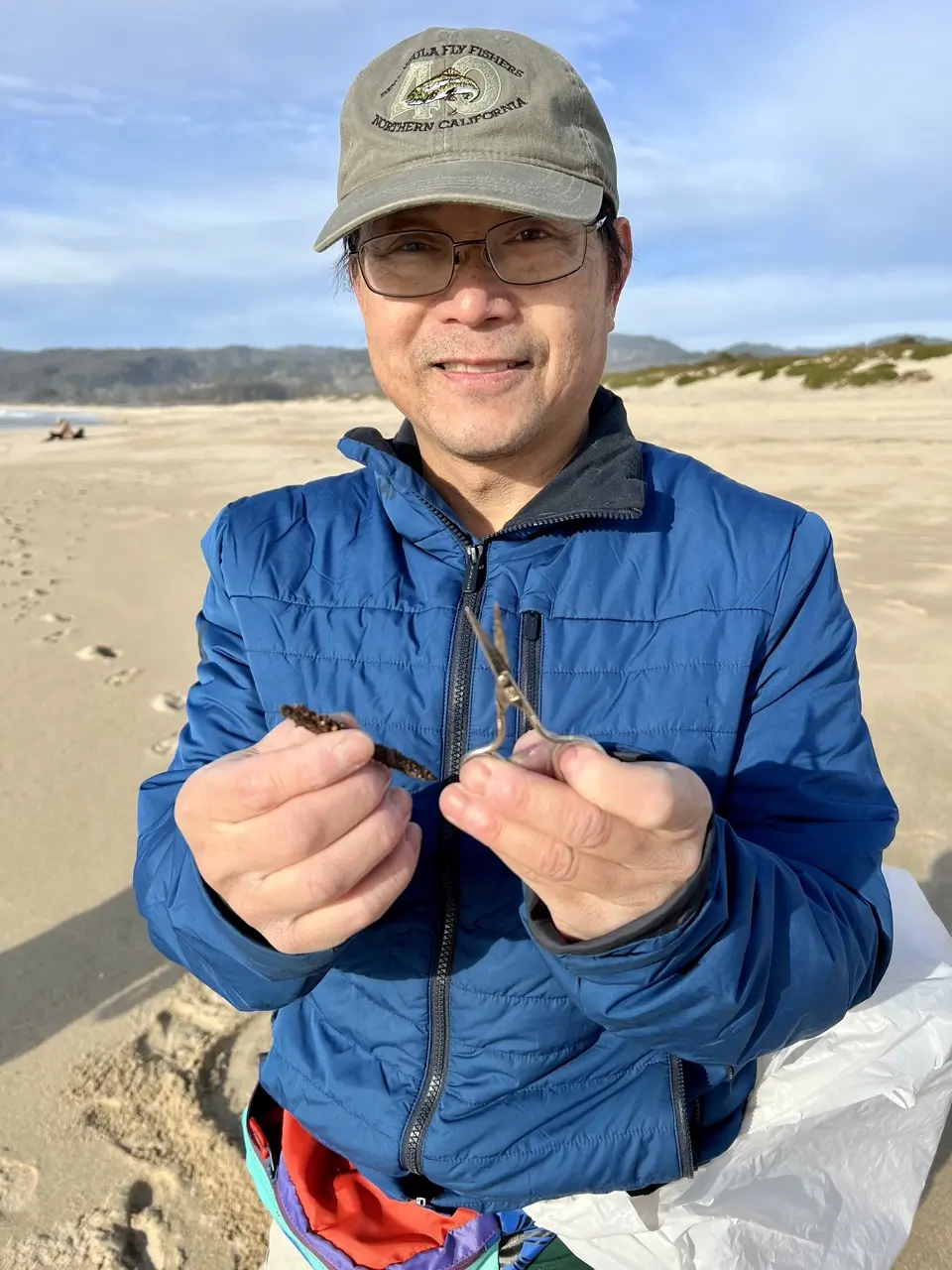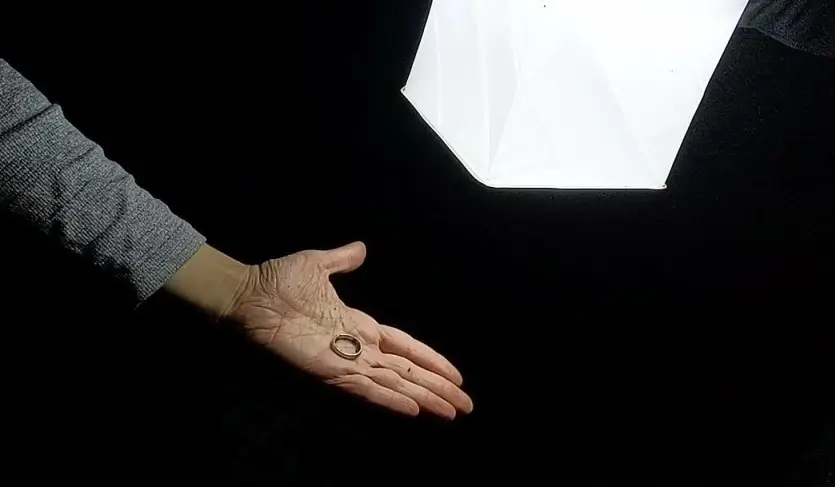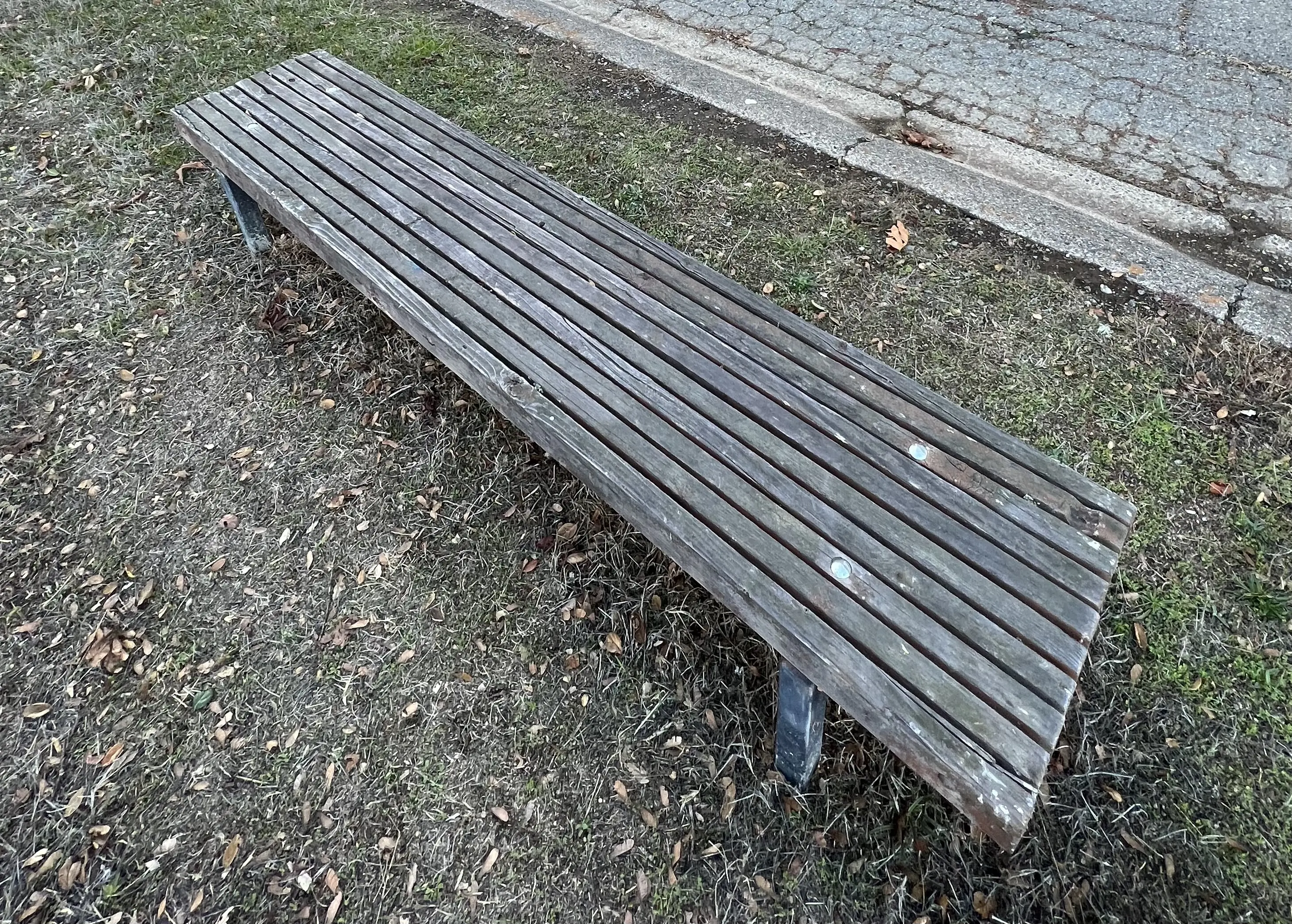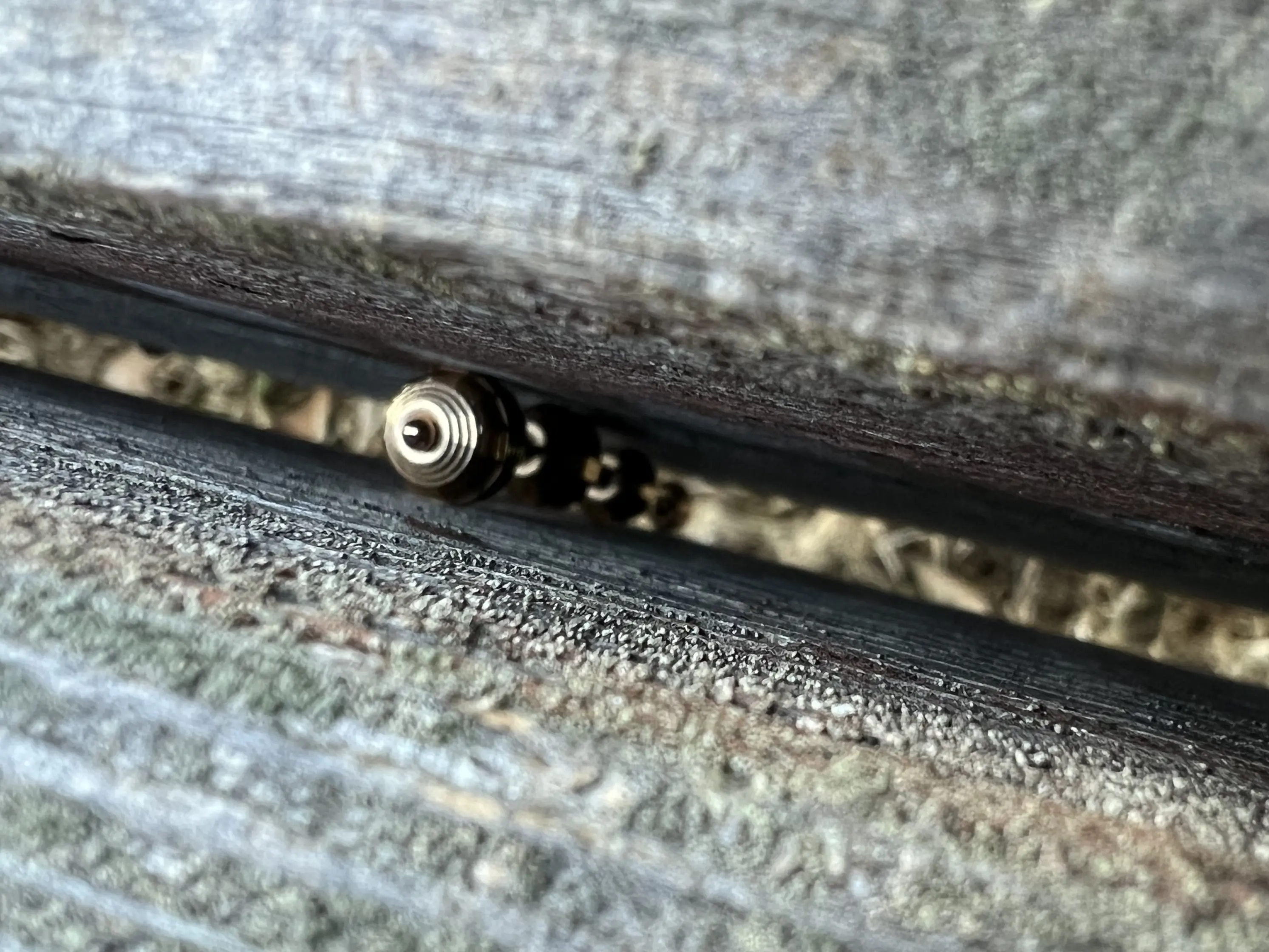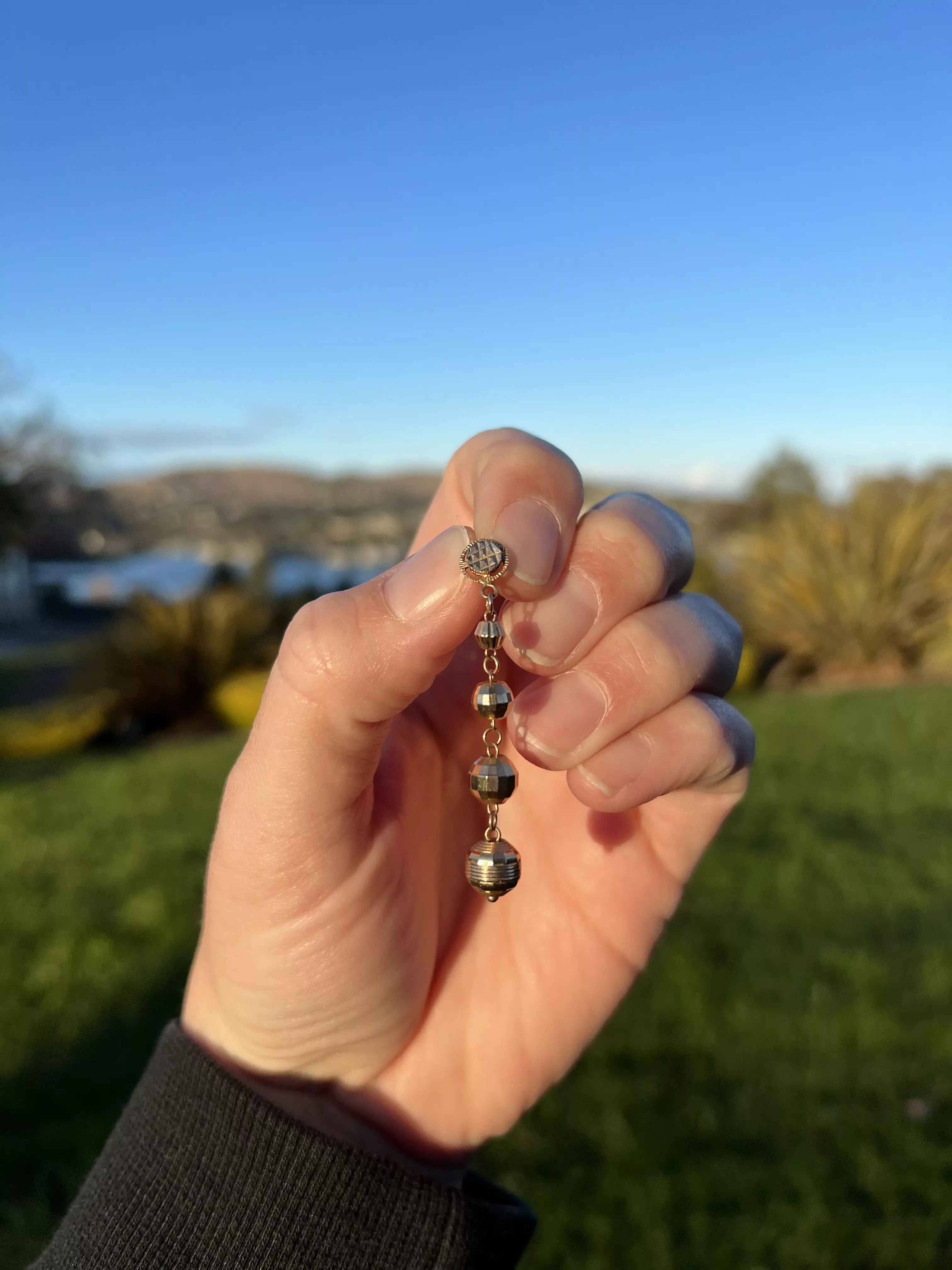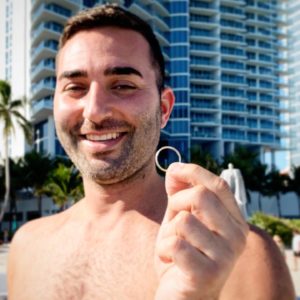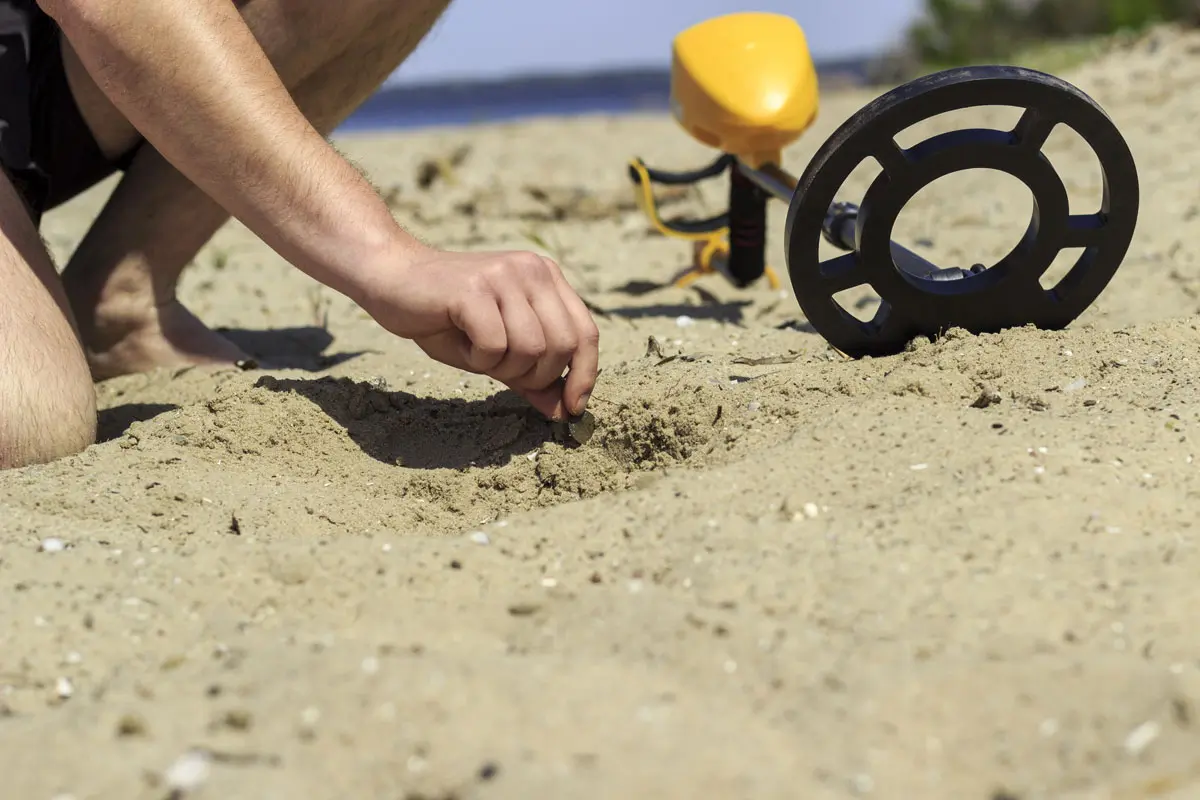First, I’ll start by saying something important: if you want to become a metal detectorist or even just try it out…you should! Don’t let any fears about difficulty keep you…
First, I’ll start by saying something important: if you want to become a metal detectorist or even just try it out…you should! Don’t let any fears about difficulty keep you from trying. Just like any other interest, you should assess the risks and understand some basics so you are prepared and compliant with any potential laws or rules, and ethics. The purpose of this article is to share some thoughts about how to get started with a metal detector, the difficulty levels, and getting beyond the stereotypes.
Getting Started
One of the most common questions I hear and read from people who are interested in metal detecting but haven’t started yet is: “what kind of metal detector should I buy?” Before you make the leap into a particular detector, here are some things to try first.
- 1. Find a Local Shop – There are many different options out there, but my first recommendation is to search your local area for a metal detecting store. If there is a store near you, that is going to be the best way to get great advice and even hold a detector in the store to try it out. Ask all the questions you have and they will help you get started.
- Find a Local Club – If you don’t have a shop near you, the next step is to search for a metal detecting club nearby! You might be surprised to find that there is a club near you and typically you can find their website or Facebook page to interact with members. Tell them you are interested and would like to give it a try. You may find that they hold local regular meetings where you could ask questions.
- Check out the Library – If you don’t have a shop or club near you (or if you are a bit shy), you might check your local library to see if they have a “library of things” and check to see if they have a metal detector. If they don’t, it might inspire them to think about adding one!
- Spend Some Time on YouTube – If you can’t find someone in the hobby to chat with locally and aren’t ready to make a decision on purchasing a metal detector, spend some time watching YouTube channels about metal detecting! I know many new detectorists who started this way and learned a lot from others.
Difficulty
Metal detecting can range in difficulty depending on your physical abilities, your patience, and your equipment. The basic physical requirements for detecting can suit almost anyone. It’s easier if you have good walking ability, balance, and have the stamina for the arm motion required. It also involves some digging and the difficulty there depends on two things: where you search, and the tools you use.
Where you search
Your environment will play a big role as well. Many new detectorists are surprised to find that there are many rules regarding metal detecting and it’s not always clear where you are welcome to search. It will take some patient research to determine where you can detect.
If you live near beaches and parks, you’ll want to know what department is responsible for that beach. For example, national parks (beaches and park grounds) are off limits to detecting and can lead to some uncomfortable encounters with law enforcement and even hefty fines. It’s also important to abide by a common set of metal detecting ethics at all times.
This is a list of common ethics that metal detectorists follow:
- Do not trespass; always respect private property and do no metal detecting without the owner’s permission.
- It is advisable to get permission in writing, and to get agreement in writing first to avoid disputes regarding the ownership of any subsequent finds.
- Never do anything that might contaminate wells, creeks or other water supplies.
- Respect the country code, leave gates as they are found, do not damage crops, never deliberately disturb wild or domestic animals.
- Never litter, always gather or collect any trash or debris you create or find.
- Leave as little sign of your passing as possible.
- Always use the correct digging or probing equipment to make the least intrusion or marks.
- Always fill in your holes, including ploughed fields and beaches.
- Never throw trash finds back in the hole.
- Report the discovery of any items of possible significant historical value to a local historian or museum in accordance with the latest legislation of your area.
- Never go metal detecting around archaeological monuments.
- Report any live ammunition or other potentially lethal or toxic objects you may find to authorities after carefully noting or marking the location. Do not attempt to move or interfere with any such devices.
- Report all finds to the landowner/occupier.
- Protect the metal detecting hobby by being a good will ambassador at all times.
The list above is from https://www.minelab.com/support/customer-care-charter/code-of-ethics

Avoid purchasing detectors from unknown/untrusted brands.
Quality of your tools
The quality of your detector will also contribute to how easy or difficult it is to find objects. Inexpensive detectors tend to be “detect it all” style – that means they will respond to all metal in the same way when you pass over them. This can make it more difficult since you won’t have an idea of what you’re digging until you find it. As detectors become more expensive, they tend to have greater and greater ability to provide more feedback about what you might be passing over. This allows for making a decision: “to dig or not to dig?”
Avoid purchasing detectors from unknown/untrusted brands unless you’re comfortable with the low price and low expectation of quality. The most common trusted metal detector brands are:
-
- Garrett
- Minelab
- Bounty Hunter
- Teknetics
- Nokta
- Fisher
- XP Metal Detectors
I recommend you do some reading and research about the brand and model of detector you’re thinking about. And visit a local shop if you can! (Fellow detectorists, if you believe there is a brand that should be on the list above, please contact me and submit your suggestion!)
The quality of your shovels and/or sand scoops will make a difference too. A cheap sand scoop may break under the weight of heavy wet sand. The number of items you carry can make it more difficult to search if you don’t have a way to carry them! A waist-buckled bag can do the trick.
 Can I find my lost item myself?
Can I find my lost item myself?
Of course you can! I would never discourage anyone from giving it a try if they would like to find their own lost ring or other item. But I would say it’s important to understand the conditions that will make it easier to attempt on your own. I will often get calls from people who lost something and bought a detector themselves but were unable to find it. So why weren’t they successful?
One thing that’s easy to forget when you’ve lost something important, is that there is often a bunch of other things buried in the same area as your lost item. If you lost it on a beach, it’s even more likely that your item is surrounded by buried bottle caps, soda pop tabs, and other foil trash from visitors. All these objects contribute to a search taking longer because a metal detector can’t tell you with 100% confidence the type of object below you!
The other difficult thing can be the size of the search area. If you aren’t sure of where the item was lost, it can mean searching a very large space. Each of these difficulties are things that metal detectorists learn how to manage over time.
So how do metal detectorists narrow it down?
This comes back to the equipment. As someone who does this work often, I have invested in a high-quality metal detector that has more powerful features than detectors commonly found for sale at low prices. No metal detector (yet) can provide 100% confidence, but I can narrow it down and not waste time digging up rusty nails. You will see me dig up pop tabs when looking for gold rings though! (If you’re curious to know why this is, you could do some more research on conductivity of metals!)
If you lost your item in a fairly clean area where it wouldn’t be too deep in soil or sand, and you feel confident that it’s in that area…you may be able to find it yourself with a simple metal detector and some patience!
 Stereotypes
Stereotypes
When I share that I am a metal detectorist with new people, I get a range of reactions. Some people immediately smile and say, “I’ve always been curious about that! What’s the best thing you’ve ever found?!” Others give me a blank stare and might pretend they’re interested by asking if I ever find anything valuable.
Just like any other interest, metal detecting has some stereotypes associated with it and it’s hard to know how someone will react. Each culture has its own perceptions too. In the United States, some see it as a “hobby for old men.” Some people even laugh when they see someone metal detecting and assume we’re just looking to strike it rich or struggling to find enough to pay off the price of the detector!
One time, a person walking by on the beach made eye contact with me and then threw out a quarter just ahead of where I was searching because they “felt sorry for me.”
It’s not all negative though. Many others stop to ask questions and smile as they talk about how fun they think it looks. And of course there are others who’ve witnessed first hand how metal detecting can lead to recovering a lost item like wedding rings and more.
Summary
Metal detecting is a wonderful hobby that is suitable for many personalities. Just like other hobbies, it can be more complex than it looks to bystanders, but that doesn’t mean you shouldn’t give it a try!
P.S. If you want to help support me in my metal detecting efforts, please visit my “Support” page!
Post Views: 763
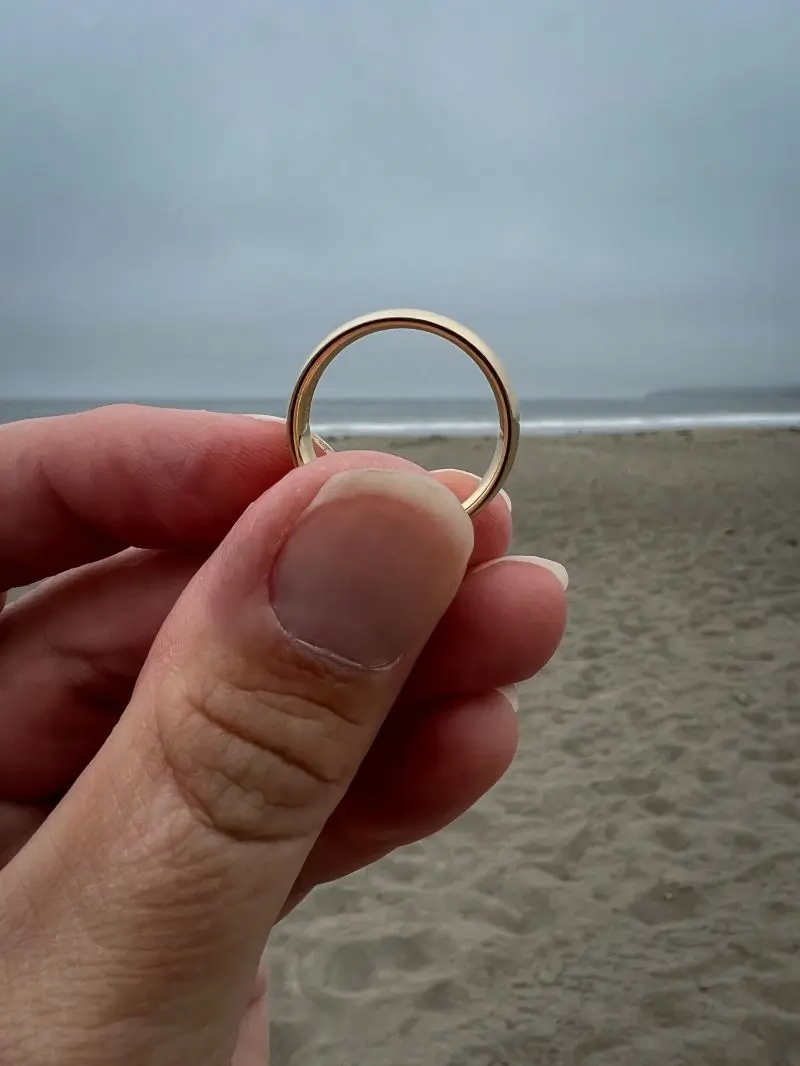
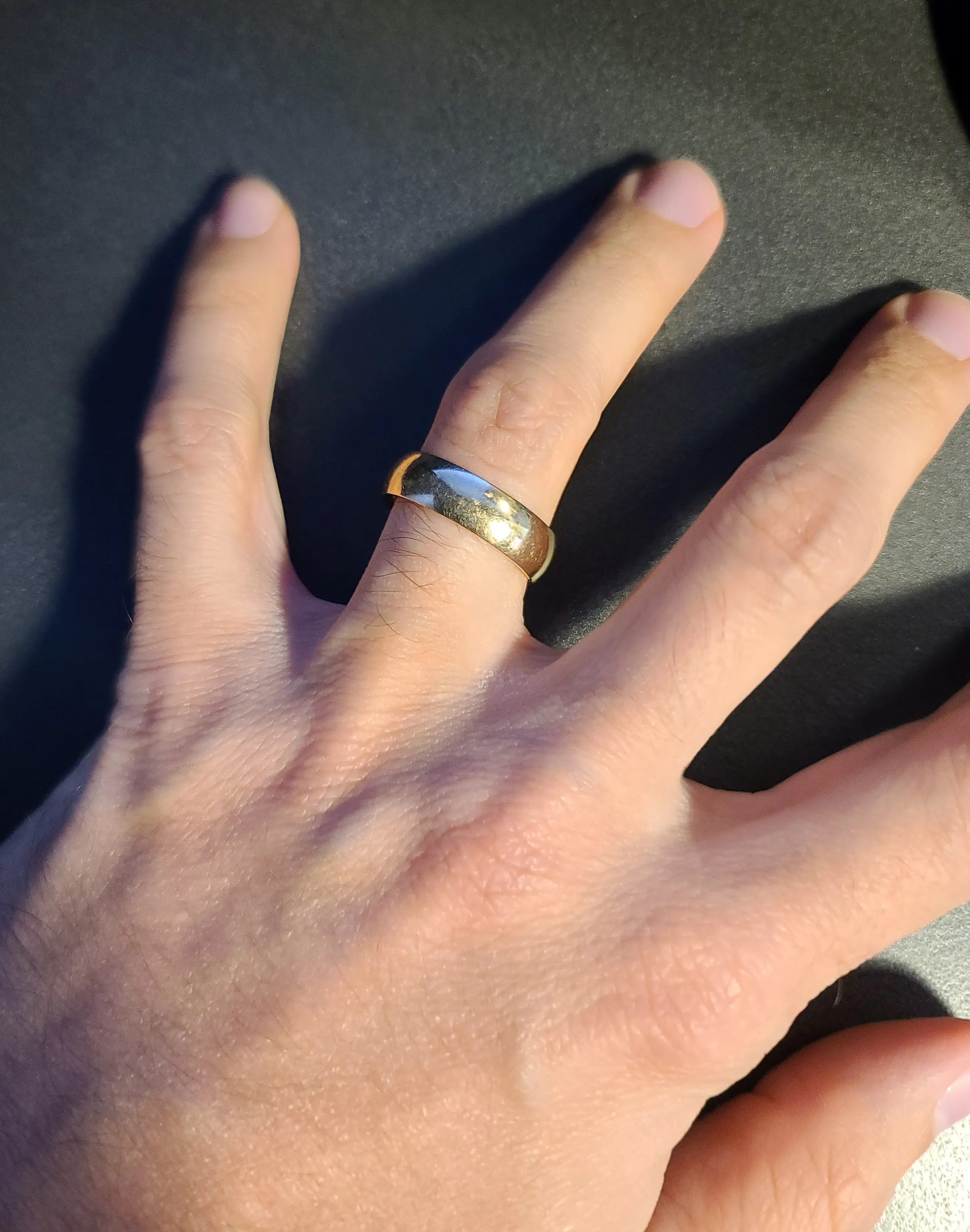

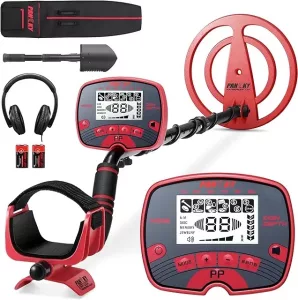
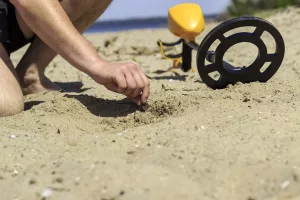 Can I find my lost item myself?
Can I find my lost item myself?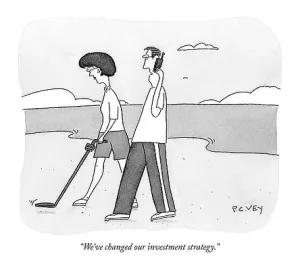 Stereotypes
Stereotypes
